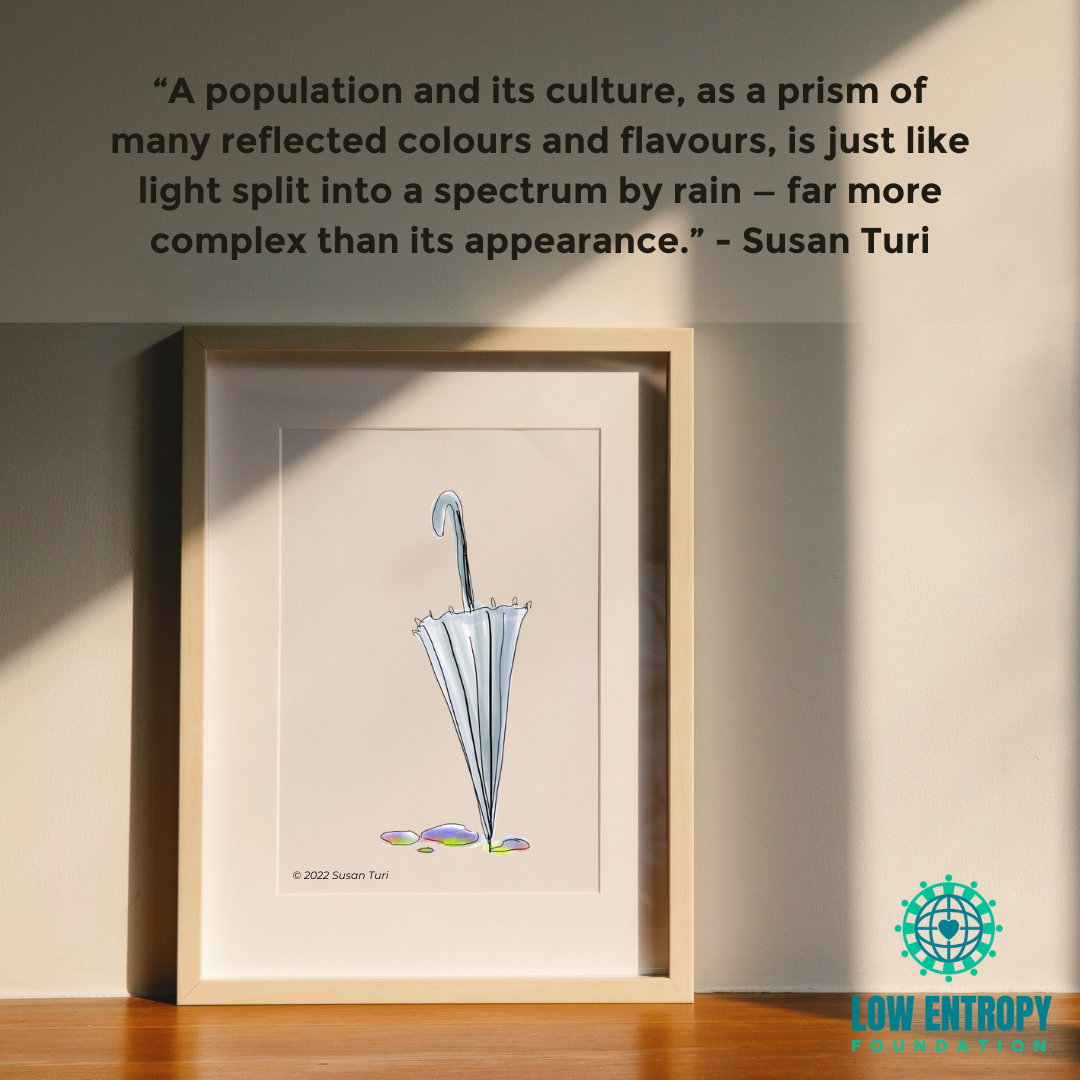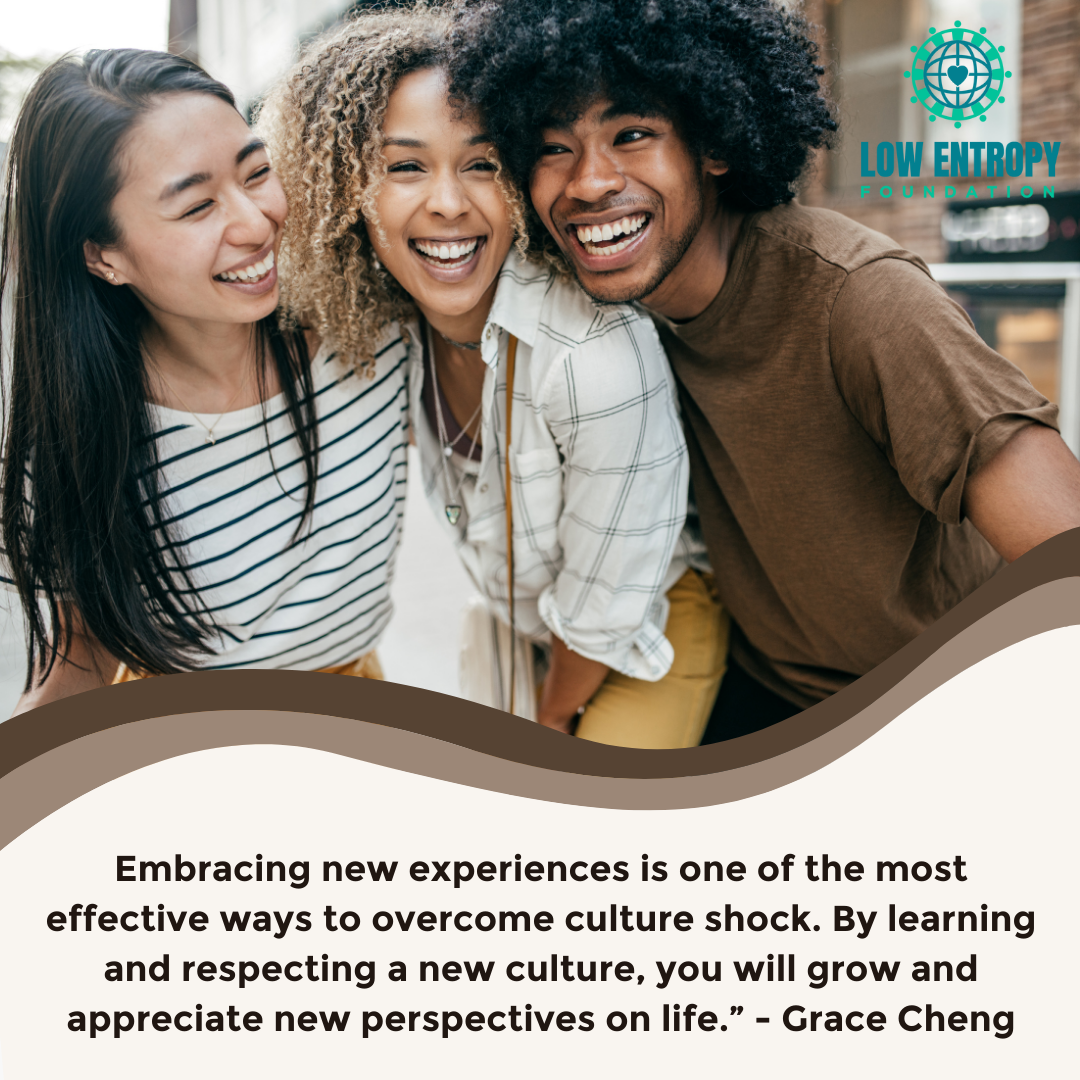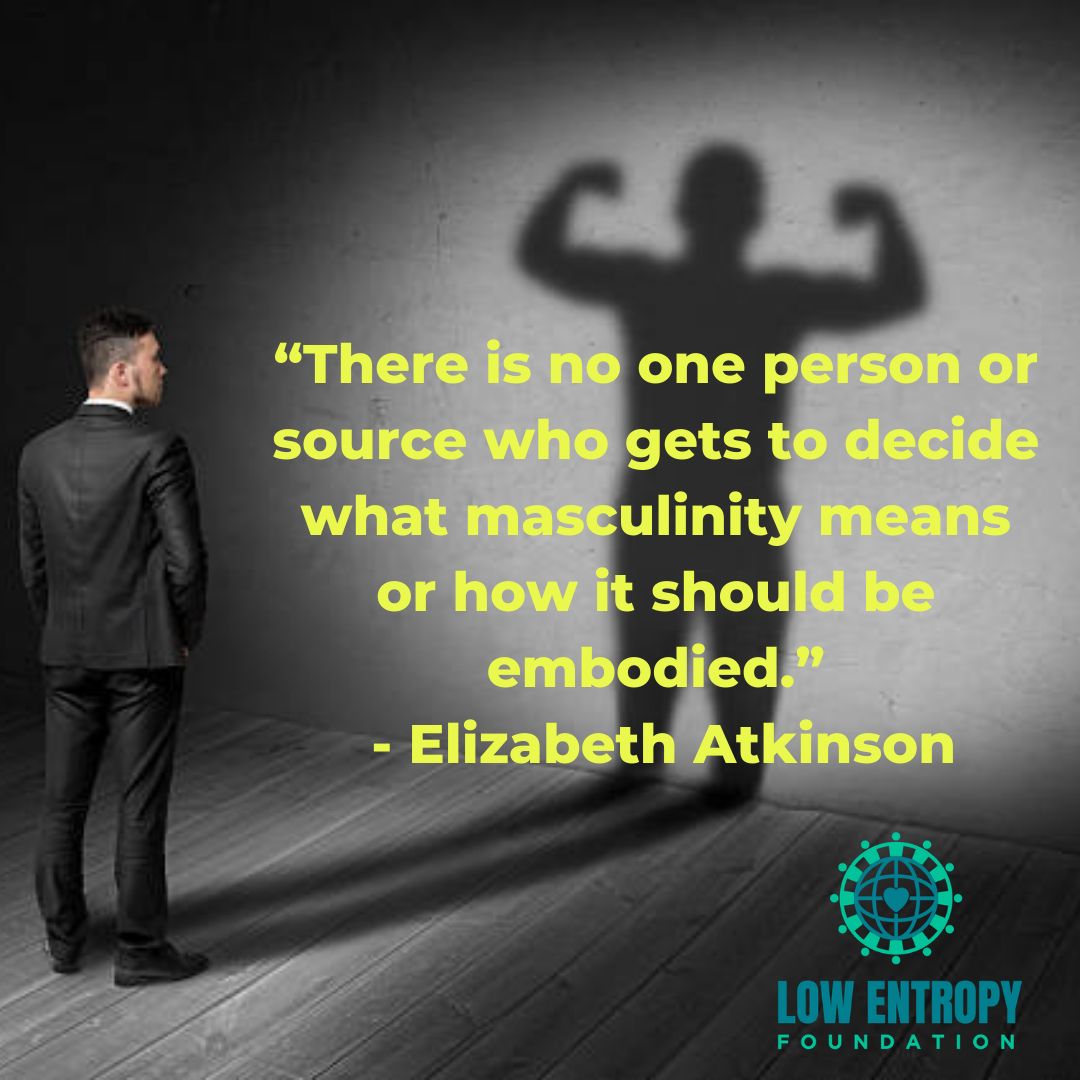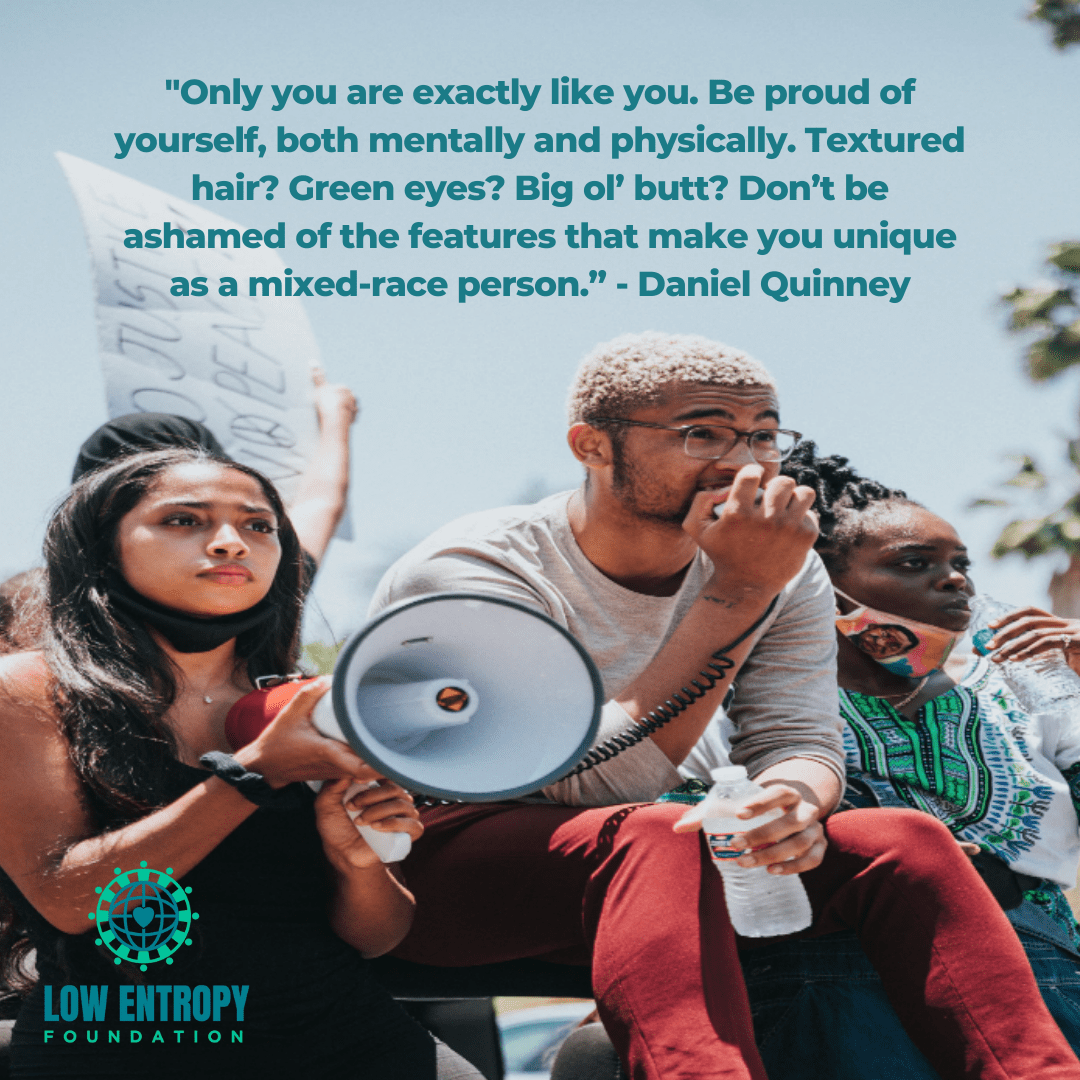The Colours of Rain
February 4, 2022

Susan Turi (she/her/hers), Low Entropy Volunteer Writer
© 2022 Susan Turi
I am classified as a white person somewhere in a file and in someone’s mind. But to be honest, I don’t know what it is to be white beyond the biological colour of my skin. I have been told that I have a culture related to being white, which is of European ancestry. If I am left-leaning politically, I may think of my white culture as privileged, politically and economically entitled, and elitist. I may have white guilt. If I am politically right-leaning, I may have a favourable opinion of my white culture and feel superior and insulated, yet insecure in my white bubble. But then my inherited generational tastes, as well as access to social and news media, may suggest more subjective, varied labels on me related to whiteness, ranging from tastes in music — as in generally liking rock, classical or country music — to traits such as being a bad dancer and liking bland food. As there is a white culture, there is black culture, summed up in words such as economical marginalization, hip hop music, slavery and Black Lives Matter. But as I am white, my everyday experience is lived through my skin colour, and I can only try to step out of it from time to time to analyze my whiteness, and imagine what it’s like to belong to a different race. Labeling people according to their race is such a reflexive impulse in society that it is easy to never question the origins of this habit. I do it myself, and in writing this article, I had a hard time selecting the right words to use, as the issue of ethnicity and race is emotionally charged. But in order to put this analysis in context and diffuse the emotion, I needed to trace the history of race and its normalized reference points.
The meaning of the word “race” — which is the classification of a group of people and their customs based on physical traits like skin colour and hair texture — dates from the colonial period, according to Wikipedia:
The modern concept of race emerged as a product of the colonial enterprises of European powers from the 16th to 18th centuries which identified race in terms of skin colour and physical differences. This way of classification would have been confusing for people in the ancient world since they did not categorize each other in such a fashion.[46] In particular, the epistemological moment where the modern concept of race was invented and rationalized lies somewhere between 1730 and 1790.
If the designation of race is an inherited colonial concept based on physical traits, then associating a culture to it must serve to legitimize this artificial categorization, which is further explained by Wikipedia:
Modern science regards race as a social construct, an identity which is assigned based on rules made by society.[2] While partially based on physical similarities within groups, race does not have an inherent physical or biological meaning.
But as I am neither an anthropologist nor a sociologist, all I have to go on to understand racial and cultural labels is my natural curiosity, and an admission of confusion about them.
The issue of race and race relations has been spoken and written about exhaustively throughout post-colonial times, and I am in no position to contribute any new sophisticated arguments to the discussion. But I continue to question labels like black and white and the need to assign cultures to them. As a white person, I am still clueless as to what it means to be white, let alone identify with the culture assigned to me, as I don’t define myself in such narrow terms. My tastes and beliefs are open to development, though I acknowledge my current preferences. I listen to all types of music except maybe country, I grew up eating homemade ethnic dishes, I attended an art and dance school, and my maternal grandfather was a French Mauritian from the island of Mauritius. But no one would ever know this unless I told them so. I am perhaps an exception to the cliche of white culture, but like everyone else, it is suggested that, because of my skin colour, I must follow a cultural stereotype and bear the burden of it. What if the term “white culture” — or any racial culture — as the social construct that it is, does not exist and is a catchphrase used for a hidden agenda?
When I was a child, I lived through the Soweto riots of 1976 in apartheid-era South Africa. I remember there was minimal media coverage at the time. It was only many years later,after leaving the country and its censorship, that I found out what it was all about — the identification of a language as a symbol of white oppression and a rebellion against it. Afrikaans was the official language of the white Afrikaner minority government of the racially divided country. A law was passed to make schools use Afrikaans in equal amounts as English in segregated black schools, which led to the Soweto township riots. But there exists a paradox in that Afrikaans was and is also the dominant language of the mixed-race descendants of Malaysian slaves and indigenous San and Hottentot tribes, known as the Cape Malays. To associate their language with white oppression, under which they were also living, was confusing to them. English was also an imposed colonial white language and infringed on indigenous languages, yet it rarely felt oppressive to the majority since English was the language of business and a gateway to the democratic world (which the fatigued yet pragmatic majority understood and accepted).
This is an example of how a component of a culture — a language — can be confused with race, leading to marginalization of groups, in this case the Cape Malays, who were seen at the time of the riots as white sympathizers. But South Africa was and continues today to be a culturally rich blend of languages, culinary imports and customs, despite its legacy of apartheid. The Afrikaans language itself is a potage of Dutch, Malaysian and local Bantu dialects, whether the white oppressors of the apartheid era acknowledged it or not. Traditional South African dishes like bobotie pie — a meat dish of Malaysian origin — has been enjoyed by all national ethnicities, which brings me back to the same question of whether a simplistic racial culture can exist if there is so much genetic and cultural diversity in modern societies?
A population and its culture, as a prism of many reflected colours and flavours, is just like light split into a spectrum by rain — far more complex than its appearance. People cannot be summed up in a crude, minimalist way and assigned a culture according to their skin colour. In addition, it can be easy to confuse racial struggles with class and sexual inequalities. Racial culture expands on the idea of an individual ethnicity with a symbolistic, invasive mindset. It is time to put racial labels like “white” and “black” and their “cultures” into their historical context where they belong, as they are reductionist, divisive and unhelpful in moving toward a more inclusive society. Even if society continues to habitually categorize its population according to shared customs, tastes and ethnicities for convenience’s sake (as I was compelled to do when writing this article, for lack of better words), racially labeling people limits social progress. Just as there was a sexual revolution, maybe there needs to equally be a racial revolution. We have no choice in the inherited colour of our skin or other physical traits, but we can choose to create stronger communities free from racial labels — communities enriched by their diversity and judged by their collective and individual deeds. To quote Sidney Potier, “I never had an occasion to question colour, therefore I only saw myself as what I was . . . a human being.”
References:
https://en.wikipedia.org/wiki/Race_(human_categorization)
https://en.wikipedia.org/wiki/Soweto_uprising
https://www.inspiringquotes.us/author/6037-sidney-poitier
—
Susan Turi is a writer, illustrator and painter living in Montreal, Canada with a degree in fine arts. She began her career as a production artist for design studios and ad agencies, before deciding to devote herself purely to self-expression through writing and painting. She is currently at Concordia University majoring in creative writing and English literature.
GET INVOLVED
At Low Entropy, we believe changing the world starts with changing ourselves.
Founded in 2015, Low Entropy Facilitates conversations that encourage diversity and promote inclusivity.
We understand that life can be confusing at times. It can seem challenging and sometimes you may feel like no one really “gets you.” We offer an opportunity to connect with others who have the capacity to understand you.









